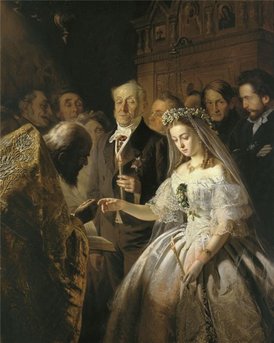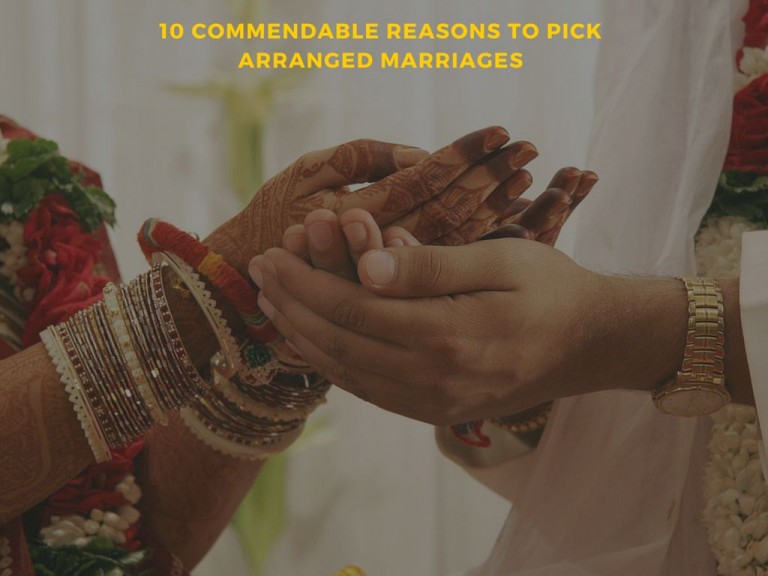
150 million child brides (50 million under the age of 15) will be married in the next decade.

However, the majority of the issues with arranged marriages occur when the suitor (usually the girl) is a minor.ģ9 000 underage girls are forced into an arranged marriage every day.

Many argue the right of gender equality and human rights. The Scottish Government are looking into whether civil legislation on forced marriage should be introduced after a consultation on the issue was published in June 2009.The arguments against arranged marriages are predominantly from the western world where arranged marriages form the minority of marriages. "I know from speaking to victims of forced marriages that, when they're in those circumstances, the last thing on their mind or the last thing that they're able to do, is go to court and seek an order." The Conservative Party outlined in 2008 that they would consider making forced marriages illegal if they entered government.īaroness Warsi, Shadow minister for community cohesion, has said, "The onus to go for a civil protection order is actually on the victim of the forced marriage or somebody close to them. He stated that the family law approach was better than the criminal process which, he said, "has not proved to be an effective way of tackling a major social problem."Ĭonsequently, the Forced Marriage (Civil Protection) Act was passed in July 2007.īut a parliamentary report recommended that criminalisation should be reconsidered if a decline in forced marriages and an increase in victims' safety cannot be demonstrated. "There is already plenty of criminal law to tackle murder, kidnapping, abduction, rape and all the other evil manifestations associated with forcing people into marriage against their will," said Lord Lester, who introduced the Forced Marriage Bill into Parliament. Some say that criminal law already provides punishment for offences that may be committed when coercing someone into matrimony. There was also concern that the law would appear to target and demonise particular minorities. This could make the practice "go underground" which would increase the problem. Opponents fear that victims would be dissuaded from coming forward because they do not want to criminalise their family. They also point out that if littering is a criminal offence, then unconsented unions should also be illegal. Those who support the criminalisation of forced marriages argue that it would be a powerful deterrent and send out a strong message that coercing people to marry is wrong. Some say that the law does not go far enough and that forcing anyone to marry should be illegal and therefore a crime. To protect victims, the Forced Marriage Act uses civil solutions which avoid criminalising members of their family.īut if an FMPO is contravened, perpetrators could be jailed for up to two years. This means that forcing someone to marry is not a criminal offence. The current legislation is civil, rather than criminal. Her UK lawyer, Anne-Marie Hutchinson, said, "I would hope that many other young victims, or potential victims, would feel confident enough now to come forward and feel confident in the fact that courts will act and authorities overseas will act on their human rights and implement them." Dr Abedin decided not to press charges against her parents. The High Court in Bangladesh, where the consent of both parties to a marriage is legally required, also ruled she must be freed. Her friends in the UK notified the British authorities after which the High Court ordered her return to the UK. The first was implemented over the high-profile case of Dr Humayra Abedin who feared being forced into marriage and was held captive in Bangladesh by her parents. Within a year of the introduction of the Forced Marriage Act, 86 FMPOs had been issued - the initial estimate by the Ministry of Justice was about 50. However the laws do not ban forced marriages and so, it is not a criminal act in itself.


The FMPOs can also demand that perpetrators stop any intimidation, reveal the victim's location and hand over passports otherwise they could face imprisonment.Ī person convicted of coercing somebody to marry could be jailed for up to two years. This can stop a person being married against their will and prevent them from being taken abroad. Laws to prevent forced marriages and provide a way out for those already in an unwanted union were introduced in England, Wales and Northern Ireland in November 2008.Īnyone - including a victim, friend or local authority - can ask a court to implement a Forced Marriage Protection Order (FMPO).


 0 kommentar(er)
0 kommentar(er)
